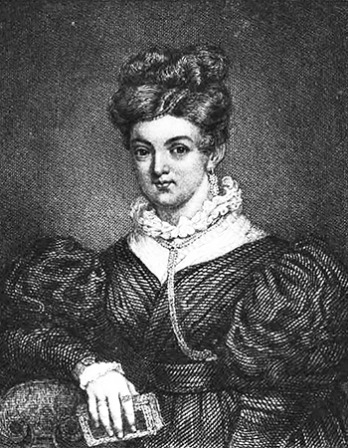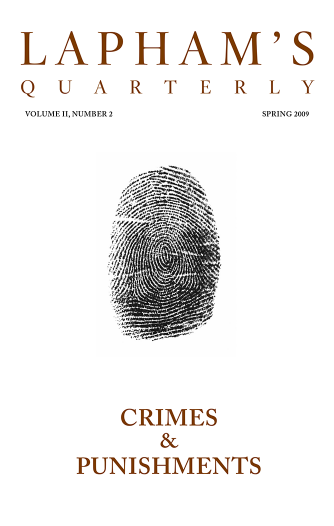Edmund: You’ve just told me some high spots in your memories. Want to hear mine? They’re all connected with the sea.
Here’s one. When I was on the Squarehead square-rigger, bound for Buenos Aires. Full moon in the trades. The old hooker driving fourteen knots. I lay on the bowsprit, facing astern, with the water foaming into spume under me, the masts with every sail white in the moonlight, towering high above me. I became drunk with the beauty and singing rhythm of it, and for a moment I lost myself—actually lost my life. I was set free! I dissolved in the sea, became white sails and flying spray, became beauty and rhythm, became moonlight and the ship and the high dim-starred sky! I belonged, without past or future, within peace and unity and a wild joy, within something greater than my own life, or the life of man, to life itself! To God, if you want to put it that way. Then another time, on the American Line, when I was lookout on the crow’s nest in the dawn watch. A calm sea, that time. Only a lazy groundswell and a slow, drowsy roll of the ship. The passengers asleep and none of the crew in sight. No sound of man. Black smoke pouring from the funnels behind and beneath me. Dreaming, not keeping lookout, feeling alone, and above, and apart, watching the dawn creep like a painted dream over the sky and sea which slept together. Then the moment of ecstatic freedom came. The peace, the end of the quest, the last harbor, the joy of belonging to a fulfillment beyond men’s lousy, pitiful, greedy fears and hopes and dreams! And several other times in my life, when I was swimming far out, or lying alone on a beach, I have had the same experience. Became the sun, the hot sand, green seaweed anchored to a rock, swaying in the tide. Like a saint’s vision of beatitude. Like the veil of things as they seem drawn back by an unseen hand. For a second you see—and seeing the secret, are the secret. For a second there is meaning! Then the hand lets the veil fall and you are alone, lost in the fog again.
© 1989 by Yale University. Used with permission of Yale University Press.
From Long Day’s Journey into Night. The author’s father was a noted actor who portrayed Edmond Dantès in a stage adaptation of The Count of Monte Cristo over four thousand times; as a child O’Neill had no permanent place of residence except for Monte Cristo Cottage, a summer house in Connecticut, which he used as the setting for Long Day’s Journey into Night. In 1937 O’Neill became the first American playwright to receive the Nobel Prize for Literature.
Back to Issue





